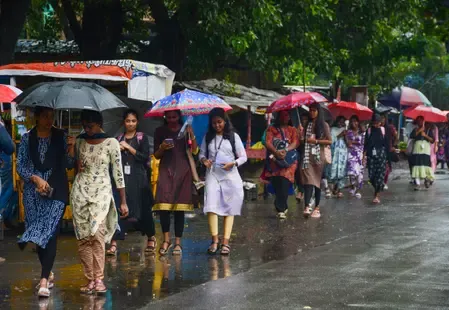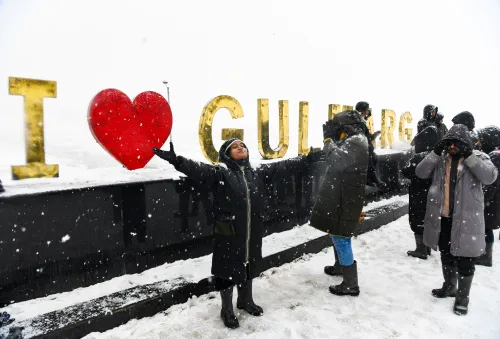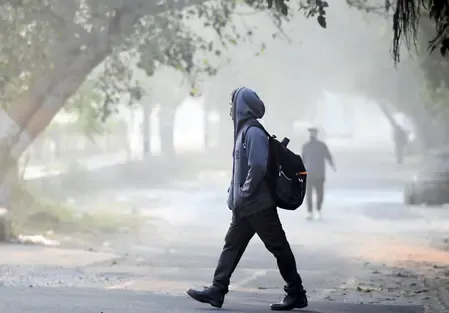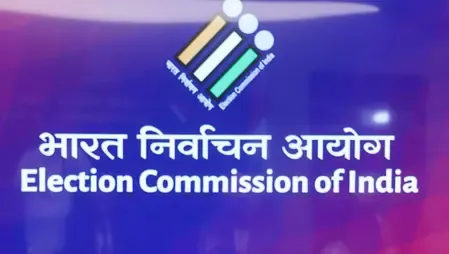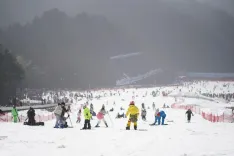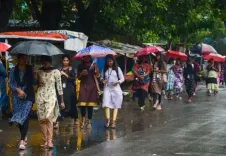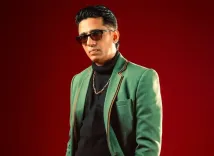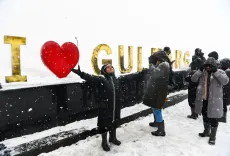Should Action Be Taken Against Those Spreading Fear in the Name of Faith?
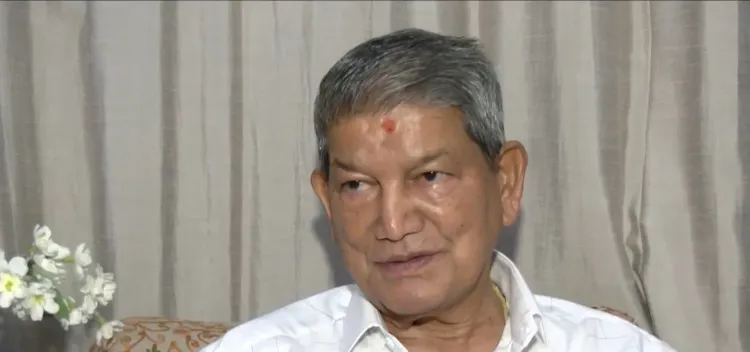
Synopsis
Key Takeaways
- Operation Kalnemi aims to tackle fraudulent sadhus in Uttarakhand.
- Harish Rawat stresses the need for a broader focus on systemic issues.
- The misuse of faith poses significant risks in spiritual tourism.
- Historical context is essential for understanding current political dynamics.
- Concerns about the state of democratic institutions are paramount.
New Delhi, July 11 (NationPress) Following the launch of 'Operation Kalnemi' by Uttarakhand Chief Minister Pushkar Singh Dhami, which targets fraudulent sadhus and spiritual charlatans who exploit the public and damage the reputation of Sanatan Dharma, former Chief Minister and senior Congress leader Harish Rawat urged for an expansion of the operation's focus. He believes it should not only pursue the con artists, but also tackle the systemic issues that foster such deceit.
In an exclusive dialogue with IANS, Rawat referenced the legendary figure Kalnemi from the Ramayana to highlight the broader ramifications of the Chief Minister's initiative.
“Kalnemi obstructed Lord Hanuman in his divine mission,” Rawat remarked. “Today’s Kalnemis, those who incite fear, propagate superstition, and manipulate faith for personal benefit, must also be brought to justice.”
He stressed that this matter extends beyond mere impersonation of spiritual leaders; it involves the extensive framework that allows such fraudulent activities to flourish.
“Various types of Kalnemis operate under different guises. Some exploit individuals financially, while others do so socially or mentally. The public is misled and terrified in the name of religion, rendering them susceptible to exploitation. Operation Kalnemi must also target those with harmful ideologies who instill fear and confusion in people's minds,” Rawat conveyed to IANS.
The former CM cautioned that in Uttarakhand, where spiritual tourism thrives and religious sentiments are profound, the misuse of faith presents a serious risk.
“The public suffers. Operation Kalnemi should not merely be symbolic; it must thoroughly investigate and eradicate the root causes,” he asserted.
Transitioning to an internal matter within the Congress party, Rawat also addressed senior party member Shashi Tharoor’s controversial comments regarding the Emergency period of 1975-77.
In a recent article in a Malayalam daily, Tharoor referred to the Emergency as a “dark period” in India’s democratic evolution, a statement that has created unease within Congress.
Rawat expressed his disappointment over Tharoor’s viewpoint, advocating for a more comprehensive understanding of the historical context.
“It’s quite unfortunate. If you are truly educated, you must examine history in its entirety. The Emergency wasn’t imposed without reason,” he stated.
He pointed to the political and social unrest during that time, especially the protests and civil disobedience movements.
“When the entire Opposition congregated at Ramlila Maidan, there were calls for civil servants and even military forces to defy governmental directives. Bihar and Gujarat were already experiencing volatility. In that context, former Prime Minister Indira Gandhi felt compelled to declare the Emergency,” Rawat explained.
Rawat acknowledged that this decision faced public backlash.
“The people judged her decision. They ousted her in 1977 but re-elected her in 1980. This illustrates the evolving judgment of the populace,” he noted.
While he refrained from outright defense of the Emergency, Rawat emphasized the importance of a balanced historical perspective.
“I’m not justifying anything. I’m arguing that we must understand the circumstances. We cannot overlook the events at Ramlila Ground; it was a direct challenge to constitutional governance. If people call for actions outside the constitutional framework, then that constitutes a different kind of emergency altogether.”
Rawat also urged Tharoor to address what he termed the “undeclared emergency” currently existing in India.
“Where are these intellectual voices now, when constitutional institutions have diminished to mere rubber stamps? There exists a silent emergency in this country today; every citizen is subjected to some form of unspoken fear. This too must be discussed and analyzed,” he asserted.
Furthermore, Rawat called for introspection and honesty regarding both historical and contemporary issues.
“We must evaluate past decisions in the context of their time. Yet, we must also observe our current circumstances and recognize how deeply democratic institutions have been weakened. It’s time for serious reflection,” he concluded.


